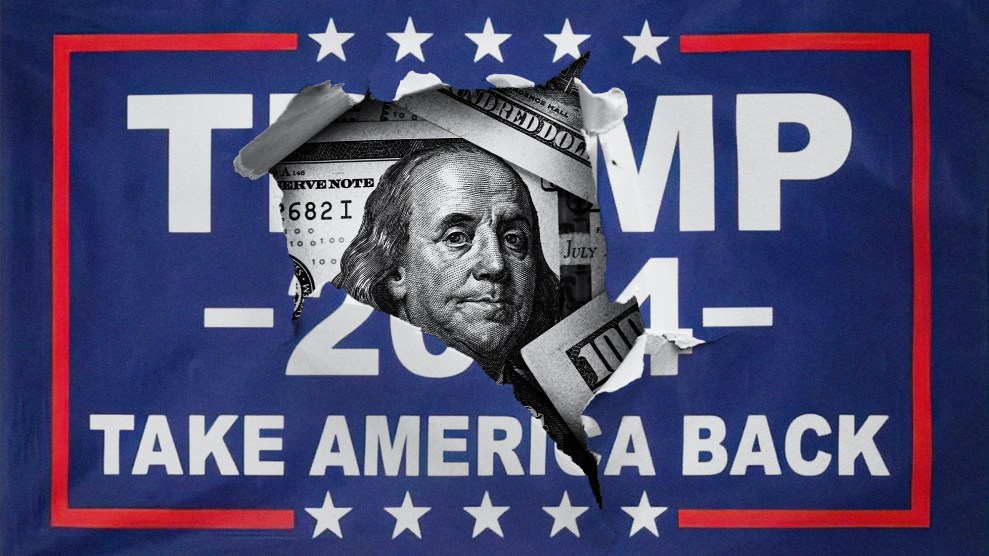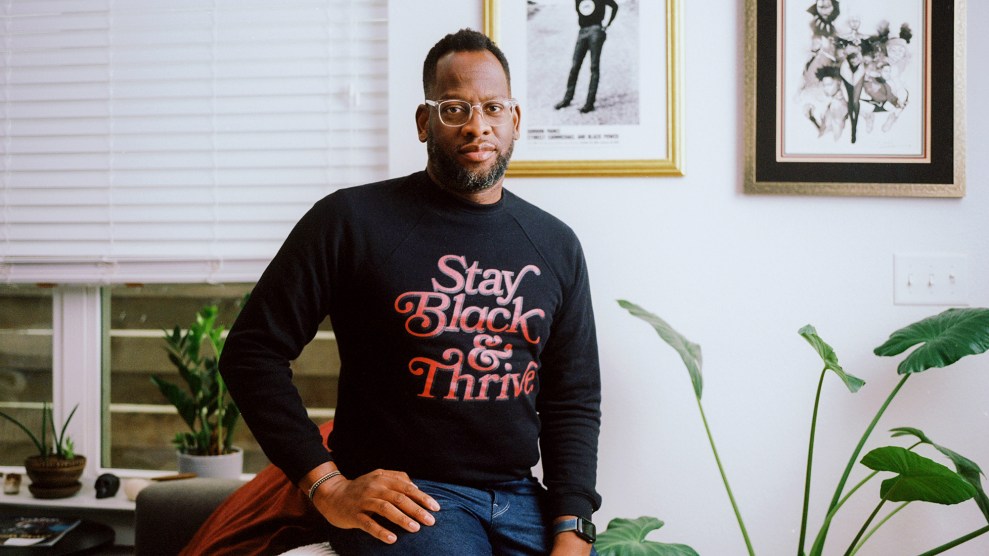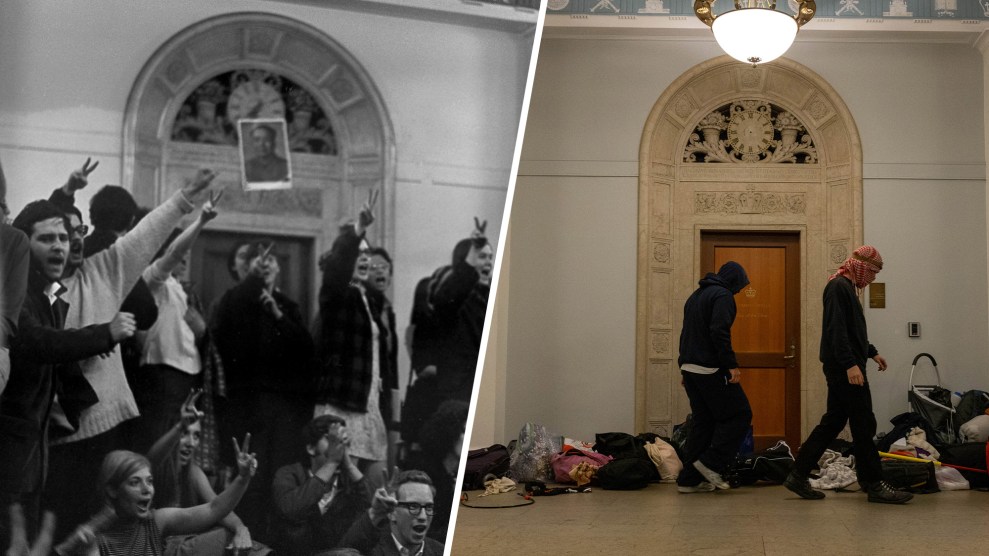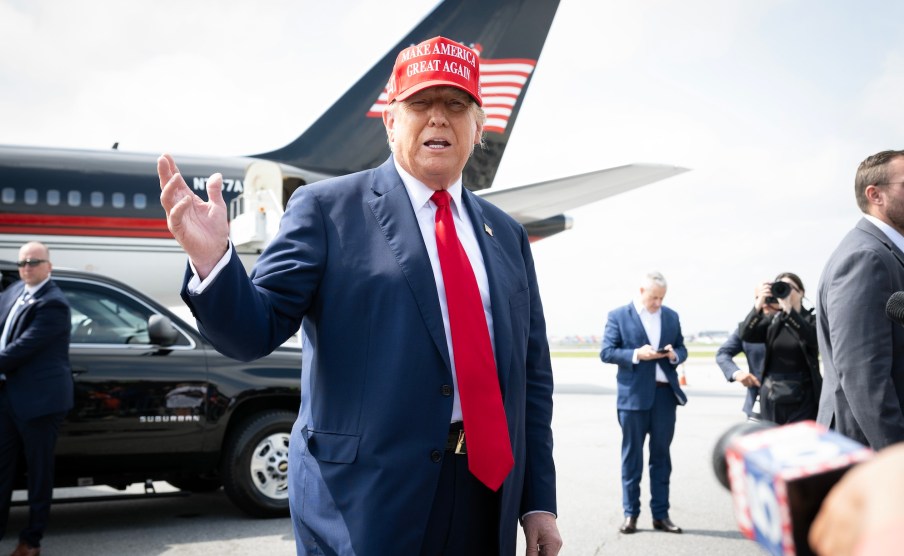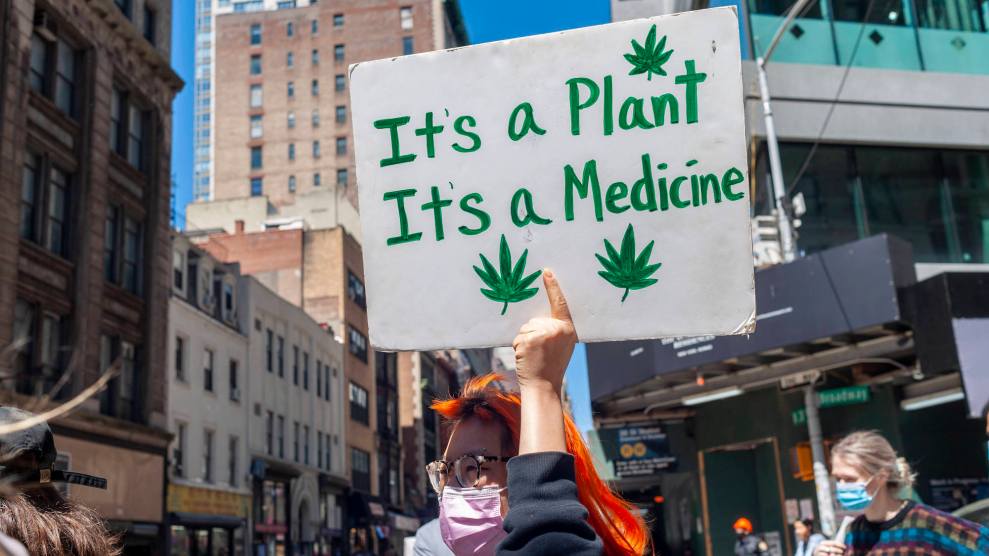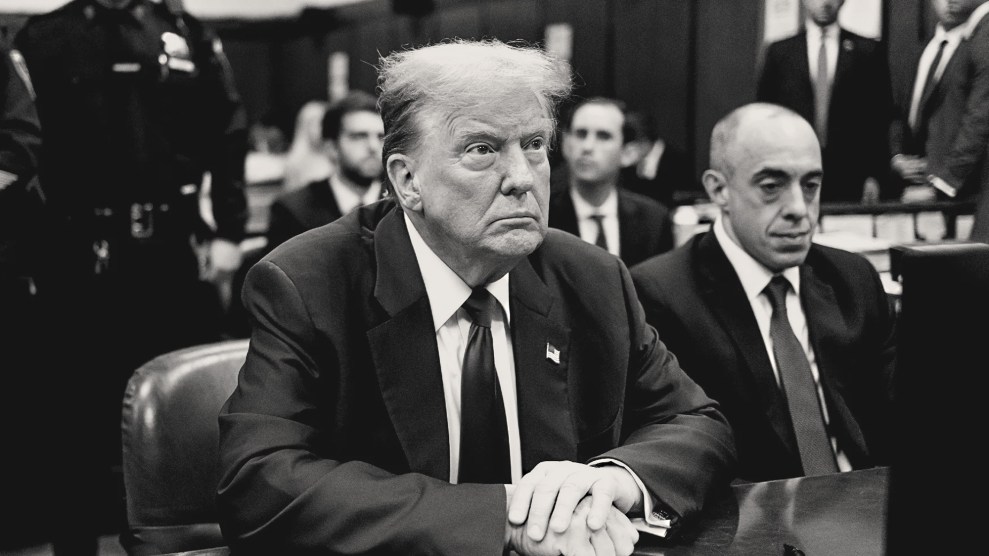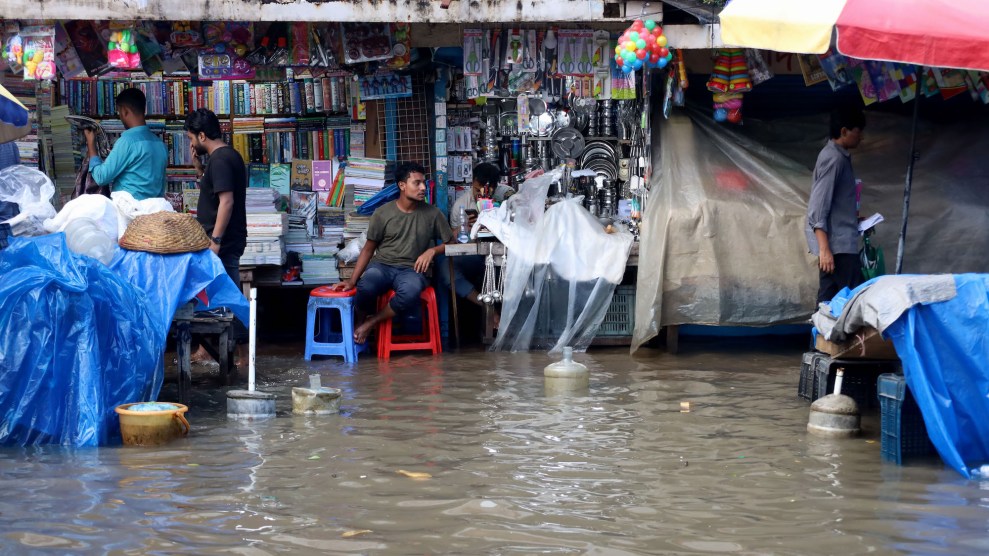When it comes to the Bush White House’s decision to withhold from the public Dick Cheney’s interview with FBI agents investigating the CIA leak case, the Obama administration says its predecessor did the right thing. And it’s fighting hard to do the same.
On Wednesday night, in another move that puts the administration on the side of secrecy over openness, Obama’s Justice Department filed a memo supporting its ongoing opposition to a lawsuit requesting the release of the Cheney interview. This memo included a declaration from Assistant Attorney General Lanny Breuer, who said that if the Cheney interview is made public it could cause public officials in the future to not cooperate with criminal investigations.
Breuer, who heads the department’s criminal division, noted:
As a general matter, the non-public nature of law enforcement interviews can be a significant factor in securing the voluntary cooperation of witnesses. Indeed, it is not uncommon for prosecutors and law enforcement investigators to inform witnesses that, subject to applicable statutes, regulations and rules, they will attempt to maintain the confidentiality of information provided. A non-public interview can be particularly important in gaining the cooperation of senior-level White House officials given the public role of such witnesses, the sensitive nature of the subject matters that may be discussed, the potential politicization of these sensitive issues, and the possibility that whatever matter is being investigated ultimately may not warrant any law enforcement action.
In other words, top government officials may only cooperate with a criminal investigation–that is, submit to questioning without being subpoenaed–if they are promised confidentiality. Now what sort of public servant would a person be if he or she refused to help the FBI during an investigation? But Breuer claimed this is a real threat to future investigations:
A White House official’s reluctance to submit voluntarily to an interview or share certain information in an interview could hamper an investigation in several important ways….A law enforcement investigation based upon interviews subject to an expectation of confidentiality also benefits from senior officials more inclined to provide identifiable leads, name percipient witnesses, offer credibility assessments of the accuser or other witnesses, and even articulate inferences, insight or hunches that can be invaluable to a law enforcement investigator. A law enforcement investigation could lose these potential benefits if the senior official believes his or her statement will be subject to public disclosure.
But Citizens for Responsiblity and Ethics in Washington, the public interest group that filed the lawsuit seeking the Cheney interview, points out that “Cheney was never promised confidentiality, as Special Counsel Patrick Fitzgerald confirmed in a letter to Rep. Henry Waxman (D-CA), then Chairman of the House Oversight Committee.” That is, Cheney participated in the investigation voluntarily without the cloak of confidentiality. If he could do so, why won’t future officials? Melanie Sloan, CREW’s executive director, notes, “It is astonishing that a top Department of Justice political appointee is suggesting other high-level appointees are unlikely to cooperate with legitimate law enforcement investigations. What is wrong with this picture?”
The Justice Deparment also filed a declaration noting that because the Cheney interview covered “confidential deliberations” he held with other senior administration officials, its disclosure “could chill future internal discussions about matters of national importance, thus limiting…full, frank, and open discussion.” This separate declaration also maintained that the Cheney interview can be withheld because it also covered “confidential communications” he had with Bush. This is the argument that the Bush administration routinely used, such as when it opposed the release of information related to Cheney’s energy task force.
By fighting the CREW lawsuit–adopting arguments made by the Bush administration–the Obama administration is demonstrating that even as it encourages greater transparency in government operations, it still is reluctant to yield secrecy that applies to White House actions. For instance, it is still seeking to block the release of White House visitors logs. Cheney, no doubt, is appreciative.
You can follow David Corn’s postings and media appearances via Twitter.





